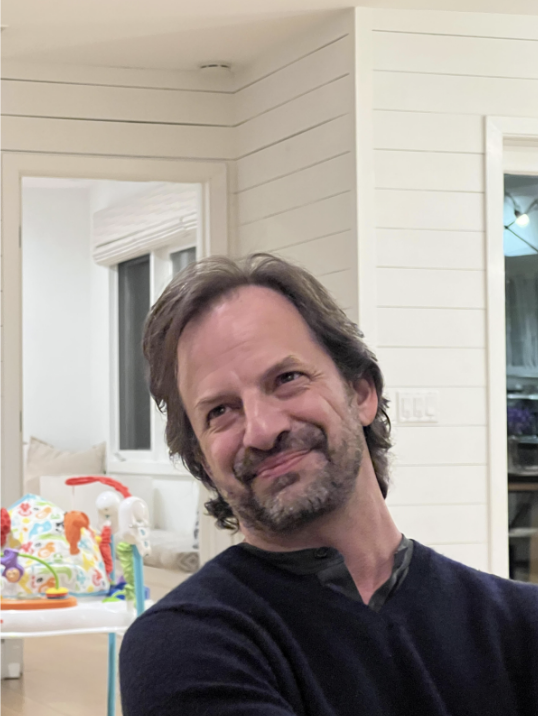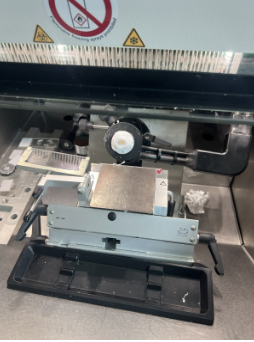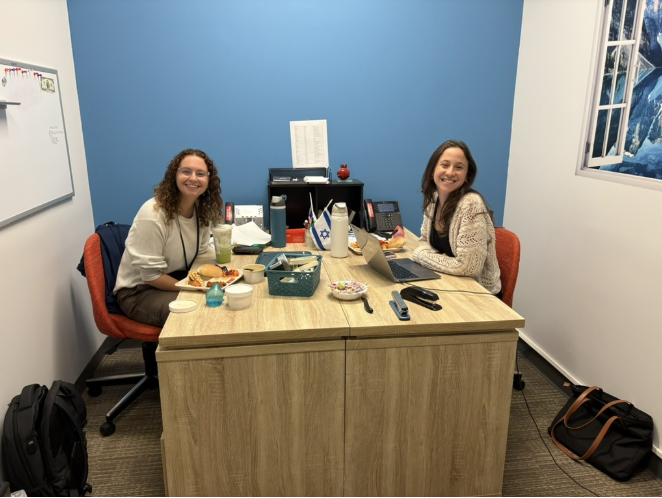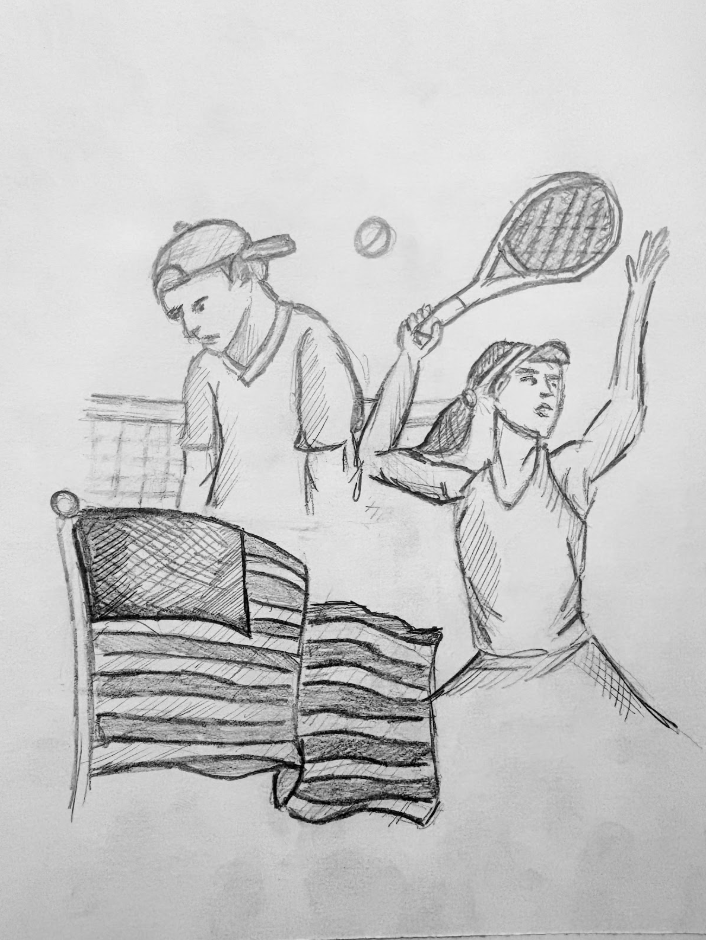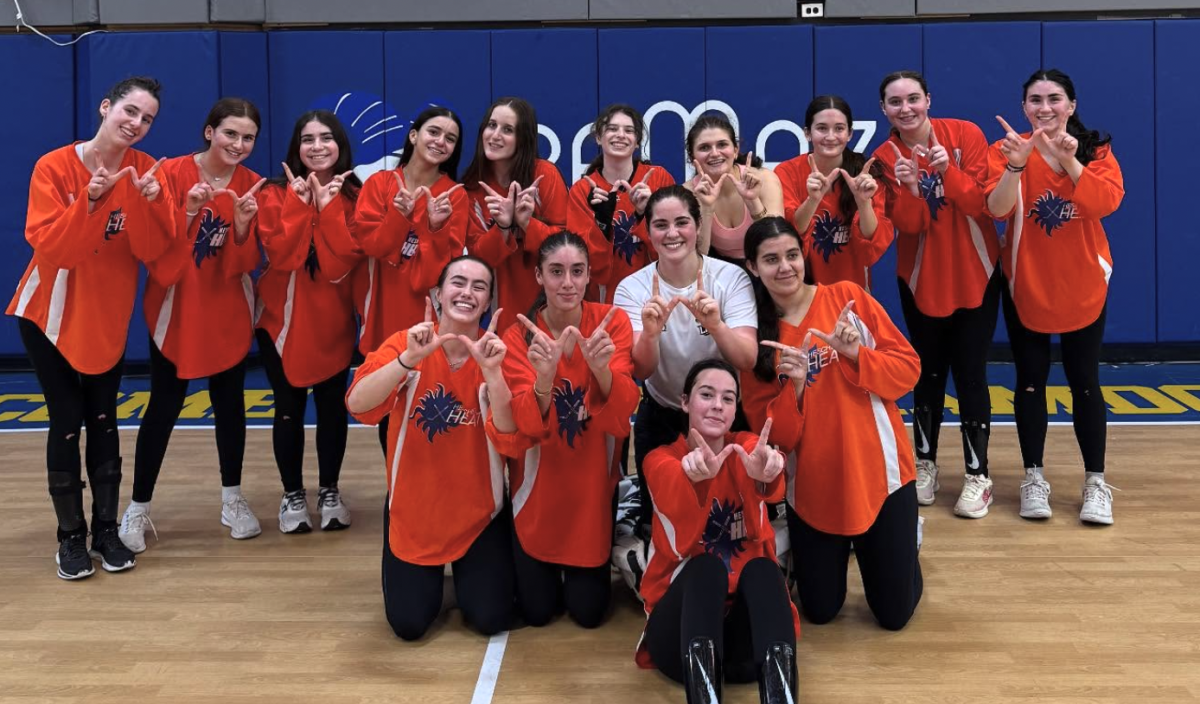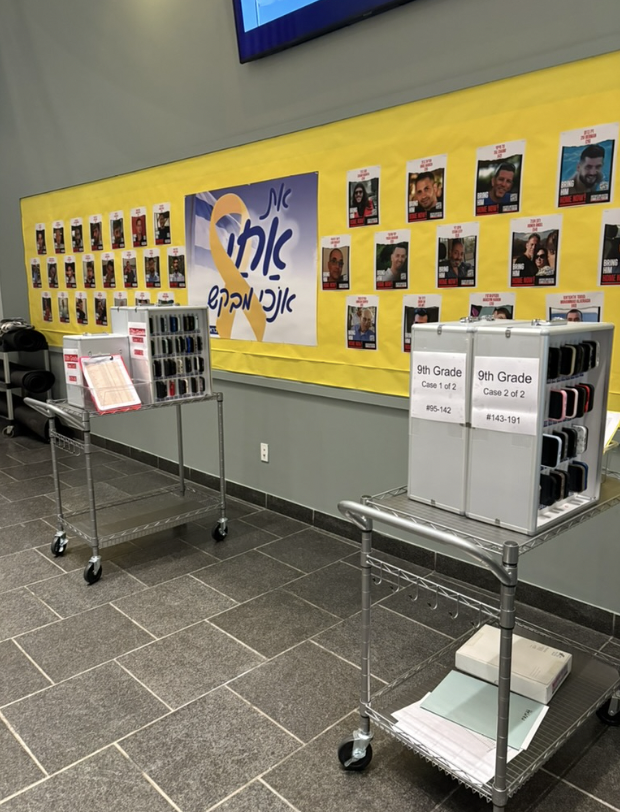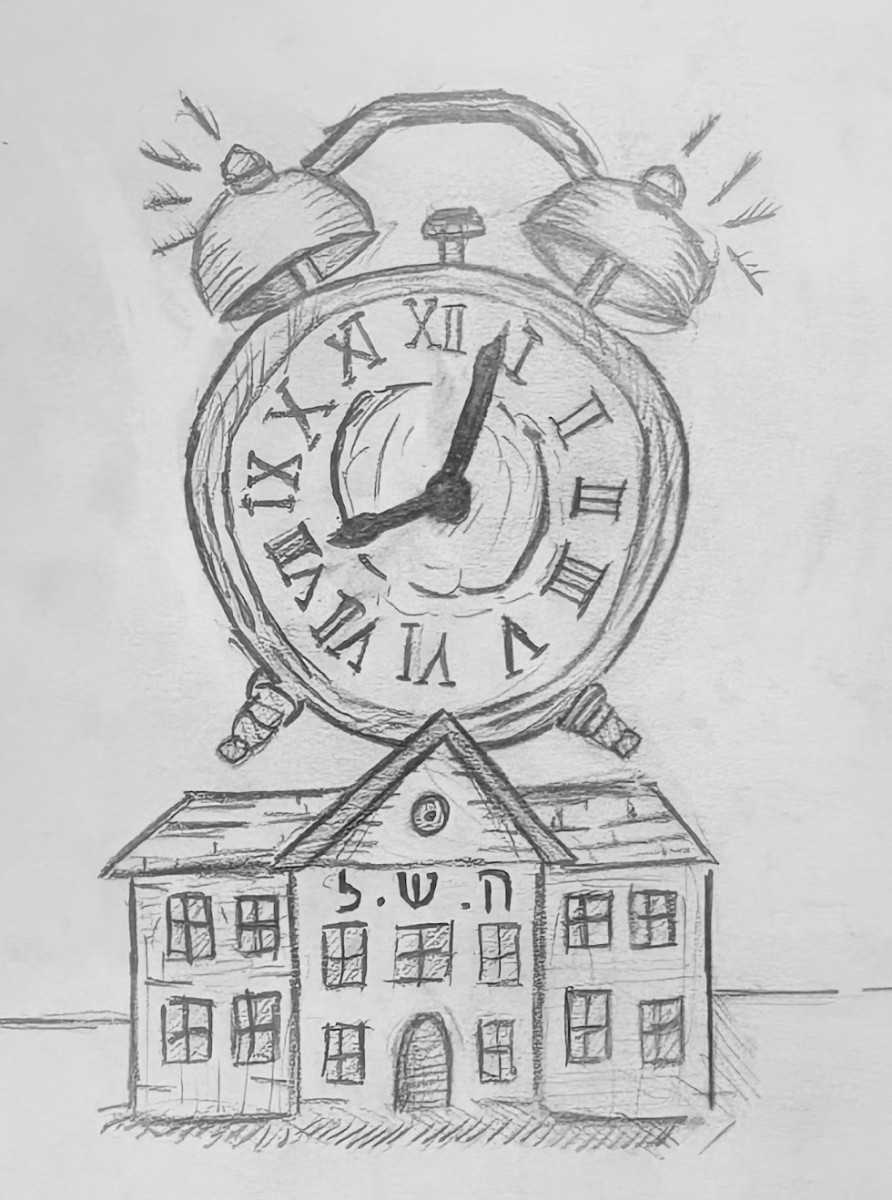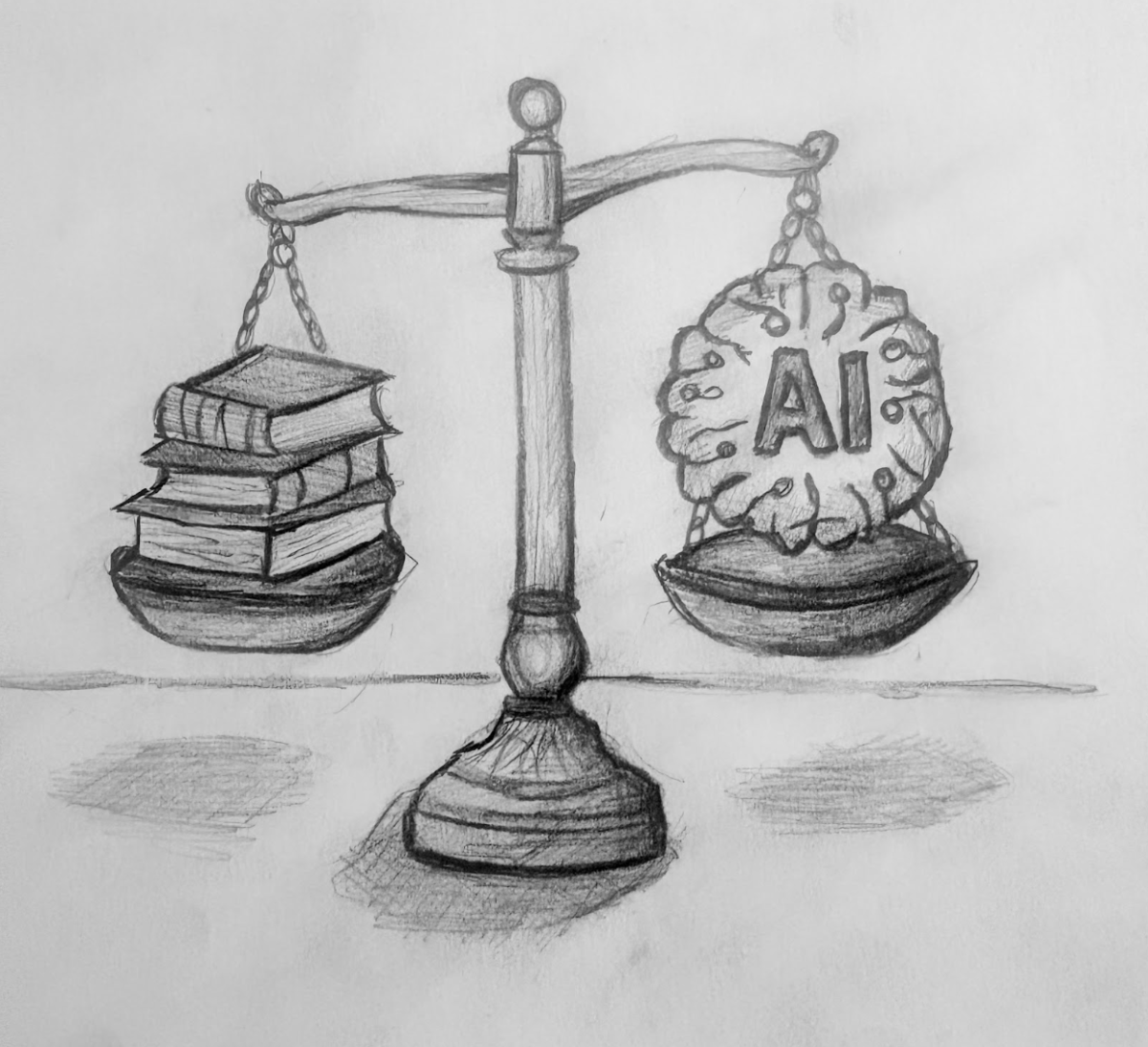On Sept. 17, my peers and I had our first Town Hall on the nature of pluralism at Heschel: how we’re doing it well, and the areas in which we can improve. Students spoke up, voicing a wide range of opinions. Some said that it was fairly easy to disagree within the Heschel community, especially within the classroom, while others felt that real disagreements aren’t always welcomed or simply don’t occur frequently. The comments and questions that arose during that Town Hall have stayed with me over the past few weeks
Listening to Tal Becker speak on Sept. 25, left me in awe of his insights and perspectives. However, as I processed the program, I couldn’t help but think of a comment a participant made during the Town Hall: that most of our speakers share views that align with the majority of the Heschel community.
Upon further reflection, I came to understand that most of the time our speakers serve as a means to reflect on and reinforce the stances that the majority of the student body already shares. While it’s surely valuable to hear from people who share the same view as many of us, we must also acknowledge the value of challenging our assumptions. Rarely do we have speakers who push us out of our comfort zones with opposing viewpoints.
I do recognize that spotlighting controversial opinions might be difficult and that Heschel already does try to incorporate opposing views in other arenas. The Dual Narratives course does not go unnoticed and is valued by many seniors. I also remember a program during my freshman year, where Heschel students heard from two Palestinian sisters, Yara and Huda Amayra, on Zoom. While I think that was a step in the right direction, I would like us to have more opportunities where we are exposed to new perspectives that make us challenge our usual ways of thinking.
In an environment like ours, where we pride ourselves on pluralism and encourage critical thinking, I believe it’s crucial that we expose ourselves to different perspectives, even when – or especially when – they make us uncomfortable. By only affirming the ideas we already hold, we risk creating an intellectual echo chamber where debate and growth become stagnant.

